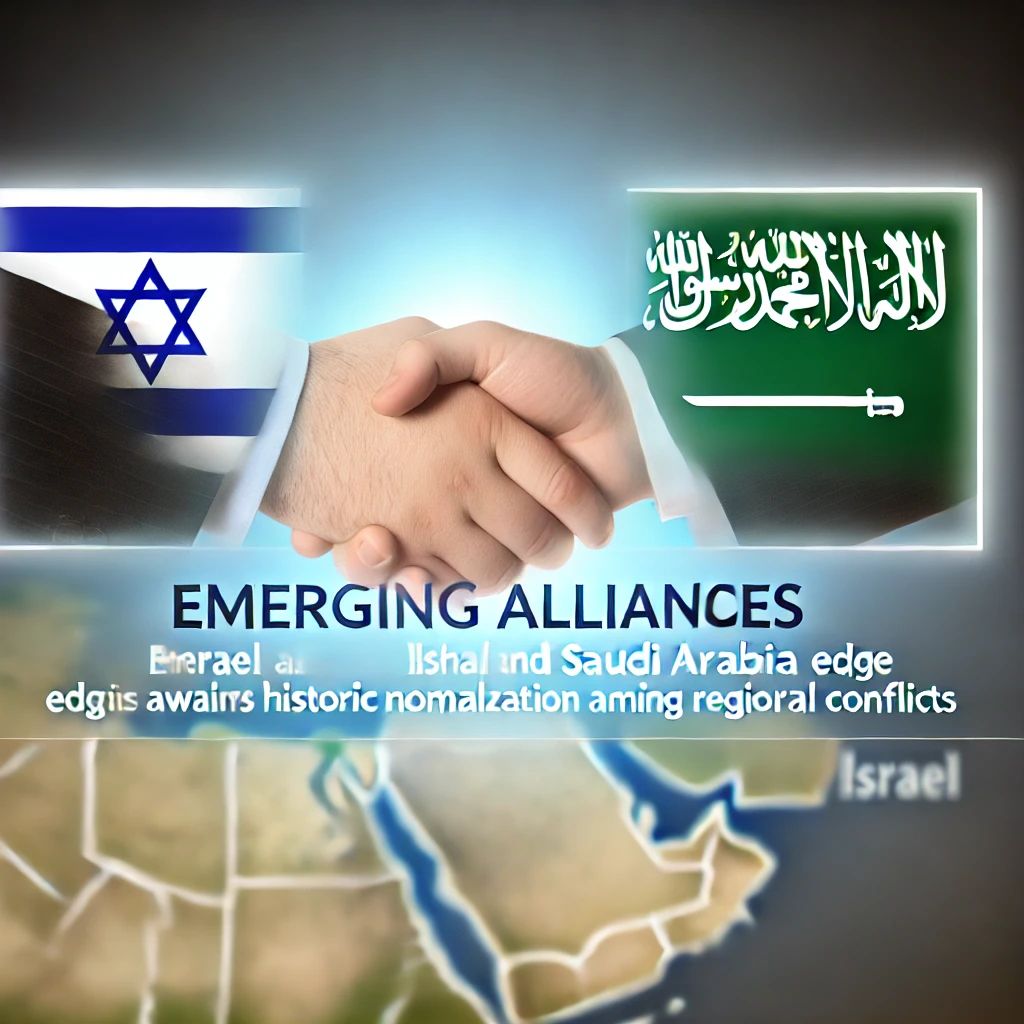As the Middle East grapples with enduring conflicts and the ever-looming threat of escalation, a surprising development emerges that could reshape regional alliances. Israel, known for its precarious security situation, finds itself potentially entering an unprecedented agreement with Saudi Arabia, spurred on by ongoing conflicts and external pressures.
A year has passed since Hamas intensified its offensive against Israel, resulting in significant casualties and a complex humanitarian situation. Israel, simultaneously managing threats from Hezbollah in the north, stands at a critical juncture in its history. Amid these tumultuous conditions, there is a glimmer of diplomatic hope as discussions of normalization between Saudi Arabia and Israel gain momentum.
Senator Joni Ernst, in a recent statement, emphasized the United States’ role in fostering these emerging alliances through diplomatic engagements reminiscent of the Abraham Accords initiated during Trump’s administration. These accords, celebrated for promoting peace and stability in the Middle East, are viewed as a blueprint for current efforts to stabilize the region.
Saudi Arabia, a key player in the Arab world, expresses a strong desire for peace and sees normalization with Israel as a pathway to enhanced security in the region. The kingdom’s commitment to this cause is evident in their ongoing diplomatic endeavors, which have been fortified by Iran’s aggressive postures in the region. Iran’s actions, particularly its support for groups like Hamas and Hezbollah, have inadvertently nudged Saudi Arabia closer to Israel, aligning their interests against common threats.
US Strikes Target Houthi Rebels in Yemen Amid Rising Middle East Tensions
As the discussions progress, the importance of American leadership and support remains a focal point. The U.S. is seen as a crucial broker in these negotiations, capable of leveraging its influence to ensure the success of a potential Saudi-Israeli agreement. This deal, once seen as unlikely, now appears more feasible amid current geopolitical dynamics.
Back home, the American public watches closely, balancing their support for international stability with a keen awareness of domestic needs. The distribution of U.S. aid and resources remains a contentious issue, highlighting the delicate balance between foreign policy objectives and national priorities.
As we witness these historic negotiations unfold, the world awaits to see if this unexpected partnership will indeed bring about a new era of peace and cooperation in the Middle East.






























